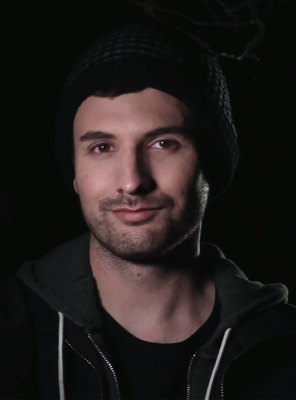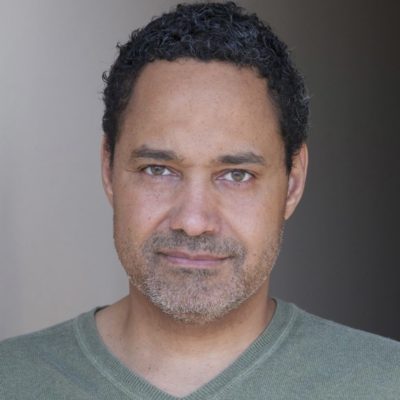 Name: Jeffrey Reddick
Name: Jeffrey Reddick
Age: (Bitch…who asks that? 🙂 49)
Birth Place: Florida, but I grew up in Kentucky and claim that as home
Sexuality: Gay
Notable films: Final Destination (2000), Tamara (2005), Day of the Dead (2008), Dead Awake (2016), The Final Wish (2018) and (soon) Good Samaritan
When did you know you were queer? When did you come out?
Jeffrey Reddick: I’ve known from as far back as I can remember. I didn’t know what to call it, but when I hit puberty, I realized that the feelings other men described about women was what I felt for men. It was interesting, because being bi-racial was also a big deal at the time. So I faced a lot of outward prejudice based on my race. My mom always went out of her way to tell me to love myself and not worry about what other people thought about me being “different.” That helped me deal with all of the homophobic stuff I heard growing up.
I came out to my best friend when I was 13. He said it was just phase, but was cool with it, so that was good. Other kids kind of assumed, but…and this is awful to say…they were so focused on my race that they bullied me for that rather than for being gay. And no girls’ parents would let them date me in high school, so I didn’t have to worry about the stress of pretending to like girls.
When I went to college and majored in theatre, it was a whole other world. It was very accepting. I was out in college and even started an LGBTQ group on campus.
I finally decided to come out to my mom in college. I think that’s one of the biggest burdens we carry if we’re not out to our families. No matter where we go in the world, there’s always the nagging feeling that if our families find out, they’ll stop loving us or disown us. Sadly, that still happens. My mom was an amazing mother, but she was also an older Southern woman and Southern people are really concerned about “what the neighbors think.” She wound up reacting in a typical fashion: she cried for a few days non-stop, but then her best friend literally told her to shut up and said ”he’s still the same son you raised.”
Once my mom realized it wasn’t a big deal to her best friend, I think it gave her permission to accept me. Again, this was in the late 80’s, so it was a much different time.
You’ve had an amazing and diverse career as a horror writer of both film and TV. What prompted the recent shift into directing and how did it come about?
JR: It was never my dream. I wanted to act in the early 90’s, but unless you could rap or wanted to play a thug or a pimp they didn’t know what to do with you (if you had dark skin). That’s why I transitioned to writing.
Directing was something I really became interested in, but, honestly, fear held me back for a long time. I have a few passion projects that I want to direct, but they’re big(ger) budget films. Most of my later scripts went the indie film route, which meant that I got to spend a lot of time on set and get comfortable.
With [feature directorial debut] Good Samaritan, it was a story that I wanted to tell and since we were doing it indie, and could get investors who were open to me directing, the opportunity was there, so I took it.
What is it about horror that attracts you?
JR: When I was younger it was definitely the “naughty” factor. My friends and I would watch the goriest films possible as an act of rebellion. After seeing the original Nightmare on Elm, I realized how amazing the genre could be and started reading Fangoria and became obsessed with it.
As a gay man, I do have a subconscious connection with the Final Girls of the 80’s. They were always good girls who didn’t fit in with the popular clique that was partying and have sex all the time. They were outsiders and they rose to be the victors, and that element really struck me. I love so many Final Girls and I think that also dovetails with a lot of gay men who love strong women. When I was growing up, Nancy Thompson was the ultimate to me. And Laurie Strode. And Amy Steel (the list is endless!)
I also started realizing how fun it was to scare people. Hearing people scream during a film you wrote is the ultimate thrill. It’s a genre that I’ve stubbornly stuck with and will probably do so for the rest of my career. I just find that you can tell so many types of stories and deal with topics in ways that you can’t in other genres. It’s just a world I love.
What films (queer or not) have made a significant impact on you and your work? In what way?
JR: A Nightmare On Elm Street is definitely the biggest influence. The complex heroine. The original, and terrifying, villain. The theme of the sins of the past haunting us resonates with me. I also love how Freddy would find people’s weaknesses and prey on them. That’s a theme in a lot of my films.
I also love all the standard classics like Halloween, Friday the 13th and films like that. Evil Dead scared the hell out me. And I love the beauty of films like Suspiria and the artistry and themes of Candyman. They all appeal to different aspects of me. When I write a slasher film, I try to think of kills that I haven’t seen before, but I love supernatural horror where you can bend the rules and mess with people’s head. I did realize with Good Samaritan that I’m more old school in my filming style; I don’t care for the hyper-edited, over-saturated look of films. I like movies that feel more grounded and real.
Topping the list of non-horror films that really impacted me was Maurice. It’s the first gay Merchant Ivory film. I stole money from my mom (bad me) and ordered it from The Oscar Wilde bookstore in New York. I watched that movie on a loop until the VHS tape wore out in my little trailer in Kentucky. Even though it’s a period piece, the story still resonates with many of the struggles that our community faces today. It deals with forbidden young love, religion, and conversion therapy, but it wasn’t a tragedy. It also spoiled men for me! I decided at 13 that one day I would marry a proper English chap. I still haven’t even visited London! (I need to get on that)
You’ve worked on so many diverse projects in different capacities. How progressive or welcoming is the industry (TV and film) for queer creators right now?
JR: It’s very welcoming. Hollywood is not free of homophobia by any means, but people forget that Hollywood isn’t a world unto itself. A lot of people here are artists who left their hometowns in the South and Midwest to follow their dreams and sometimes people bring their prejudices with them. Most people who vehemently dislike gay people have never actually met one, but there are plenty of gay people in Hollywood, so people change when they come here. It’s not magic in the air. It’s actually meeting normal people who happen to be gay and realizing that we’re regular people; we don’t have some nefarious agenda. We just want to live their lives.
The biggest problem isn’t with the behind the scenes stuff. It’s that Hollywood is very risk-averse, so they create content that will appeal to the vast majority of America and worry that “Middle America” isn’t ready for some stuff. That’s why it is much tougher being an out actor in Hollywood. Even if the studio heads don’t say publicly, they’re still averse to casting gay actors in traditional “straight” roles. I’ve seen it happen so much. And, of course, there are still actors who will sign on to a project and then not want to kiss a guy. I’ve seen several gay characters who were “de-gayed” for actors. Or gay content that watered down – Tamara being one example – to the point that it undermined what I was trying to say. So Hollywood is welcoming, but because making movies is such a risk, some people still want to play is safe when it comes to big studios films.
On the bright side, TV is thriving with its representation of LGBTQ characters. It’s astounding and really has given gay youth growing up today the kind of complex role models that I never had growing up. I always think it’s important for people to realize how fortunate we are to be living in the times we live in. Yes, we have forces trying to deny us our rights, but when I was growing up, there weren’t really any out gay actors to relate to. Living in Kentucky, I would find out an actor was gay after they died of AIDS. So it was sad and tragic and even when you tried to find some kinship with people like Rock Hudson, you realized they lived their lives in hiding. But then you would discover people like Clive Barker, who’s a brilliant talent, who was gay and open and you’d find these little rays of hope and inspiration.
But I think TV is really where the biggest and most impactful change has happened. We’ve gotta give Shonda Rhimes a huge shout-out for that. There are also a lot of gay celebrities who have done so much for the community: Ellen. Rosie. Neil Patrick Harris (just to name a few). They were all trailblazers. And Greg Berlanti has done such an amazing job of including gay and trans characters in so many of his shows. I think we’re really in the Golden Age of TV.
Do you believe that your sexuality informs your work?
JR: It can’t help but influence it. I think each of us has a distinct perspective and world view. You can give five writers the same concept and their stories will undoubtedly be different because they’re writing from a different place because of their experiences. I think the biggest way my sexuality influences me is that I understand the outsider who’s just trying to make a difference in the world (even if that difference is just to entertain someone for a few hours). Therefore my horror writing is more about fun scares and kills – not torture (although I do watch those films, as well).
For my scripts, I’ve always made sure to write strong women. They can be extremely sexy…but I don’t sexualize or fetishize them in the way that a straight writer might. And, of course, Final Destination had a “Final Boy” in Alex because I wanted to subvert the genre a little.
I’m also mindful to include gay characters in my work whenever possible…even though a lot of them have been changed. My friend Paul Etheredge wrote a gay slasher film called Hellbent about 20 years ago. I don’t think the world was ready for it, but it is now. Even though there wasn’t room for it in Good Samaritan, I do plan to be more involved going forward when my scripts are adapted. For me personally, I try to write gay characters where it’s not their defining characteristic. We are all so much more than our sexuality, even though society often tries to boil us down and act like that’s all we are.
Have you interacted with many queer horror fans of your work? What has that experience been like?
JR: A ton. There is such a large LGBTQ horror fanbase out there and it’s really a shame that no one has tapped into it. I meet so many fans and most of them are just excited to know that an out gay man created a franchise they love. I’ve gotten a lot of love for Tamara as well, even though the lesbian lead had that stripped from her and the “gay scene” in the film isn’t how I wrote it. But queer fans really relate to the story of an outsider who gets empowered and takes revenge her tormentors. It’s so much fun going to conventions and seeing younger people inspired to write/act/direct horror. Or couples who met on a Final Destination date and are still together. LGBTQ fans have this idea that the horror community isn’t accepting of gay people, but honestly I’ve found them to be the most welcoming group.
I love interacting with fans. In films, writers don’t get much attention, it’s all about the actors and directors. But horror fans are the greatest, most passionate and loyal fans. They’ve supported me through some great films (and some not so great ones) and they get excited about everyone – from cast to crew – involved in the horror films they love.
I’ve had some fans who say I inspired them to come out and that’s the most rewarding thing. Well, the most truly touching and rewarding thing is I’ve met a few fans who were closeted and depressed and said they contemplated suicide until they read an article or heard a podcast where I talked about being gay. It’s less about me; it’s about the importance of visibility. Let people know that you can be who you are, live your life without shame and go after your dreams. That’s why I have so much admiration for the people who have come before me.
So you’ve literally just announced your directorial debut, Good Samaritan. What can you tell me about the film? How is the transition to the director’s chair?
JR: I can tell you that it’s about a group of people who witness a man getting beaten and don’t help. When they start being killed off, our lead, Caitlin Kramer, is convinced that it’s a supernatural killer, but the police and everyone else thinks it’s a person making them pay for their crimes.
I hate to say this because I hate when other people make a horror film and then try to say it’s a supernatural thriller (as though horror is a dirty word)…but this movie is a supernatural mystery. Because the film plays with that uncertainty about whether there is a force after these people or if it is just a person, I couldn’t dig in to my bag of supernatural horror tricks or my slasher tricks. As a result, the kills aren’t shown, but the bloody aftermath is.
It was a great experience. It’s my first film, so even though I’ve been on a ton of movie sets, you really don’t know what you don’t know until you actually make a movie. It really is a miracle to get a film made and you have to be creative and flexible while shooting. We’re in post now, which is where the movie comes to life, so it’s really exciting. Directing is something that I definitely want to do again.
Follow Jeffrey on social media:
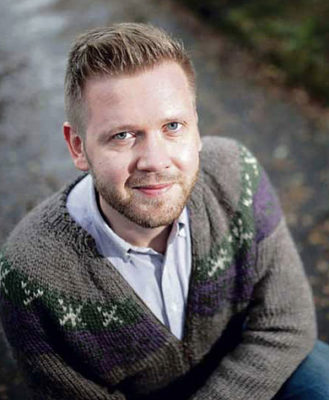 Name:
Name: 
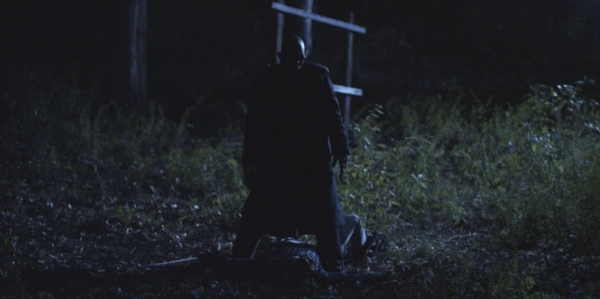
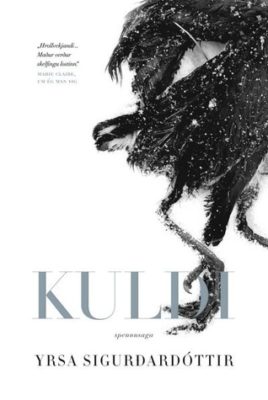
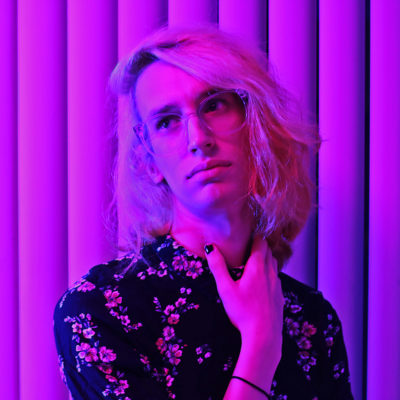 Name: DRW Phillips
Name: DRW Phillips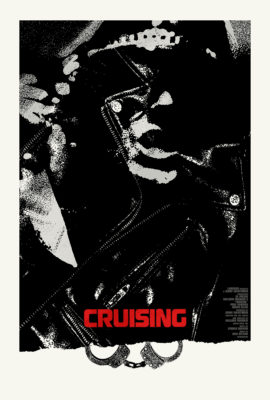
 What films (queer or not) have made a significant impact on you and your work? In what way?
What films (queer or not) have made a significant impact on you and your work? In what way?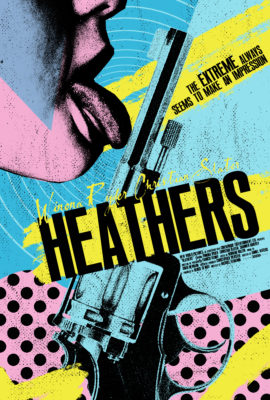
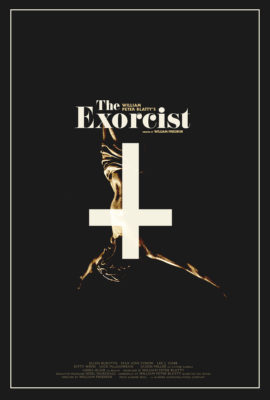
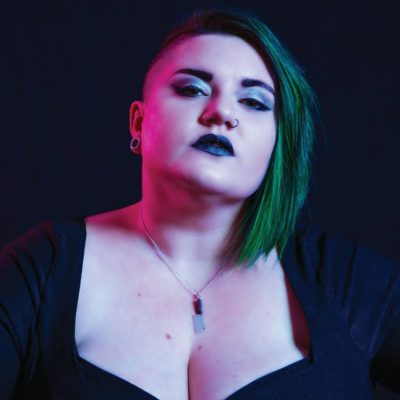 Name: BJ Colangelo
Name: BJ Colangelo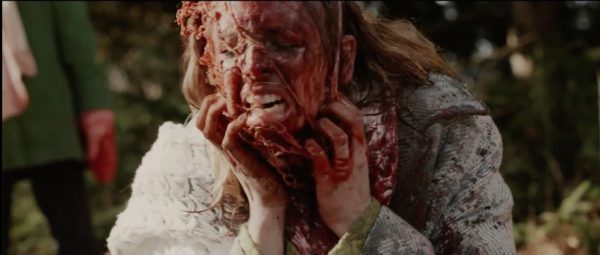
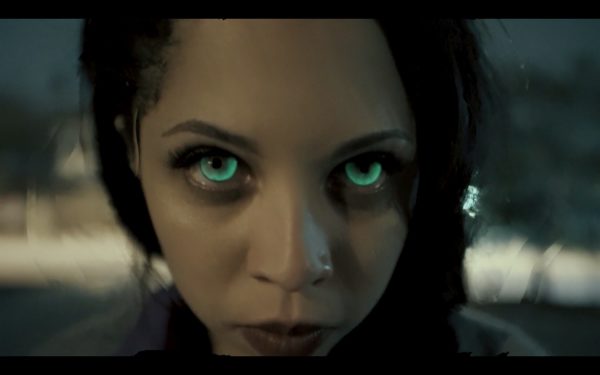
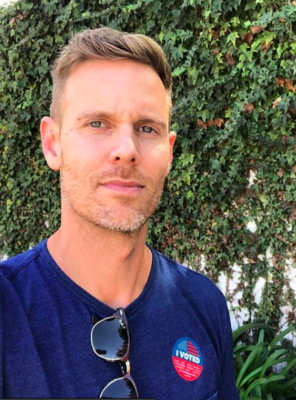 Name: Christopher Landon
Name: Christopher Landon